Can I have the K-drama fans out there raise their hands and send us some love through finger hearts? We’re sending the love back to you by giving you a list of Korean phrases and terms you might find useful when binge-watching the latest K-drama. This list will either be familiar to you or will serve as a refreshing guide if you’re a newbie in the K-drama world!
I won’t dally any longer, here are all the Korean phrases and words you should be familiar with while watching your favourite K-dramas!
Also read: All the Dos and Don’ts in South Korea That Locals Wish You Knew!
1. Annyeonghaseyo – “Hello!”
Even non-K-drama fans know this Korean word by now! Maybe it’s because they hear their K-drama obsessed friends say it all the time, have Korean friends of their own, or travelled to the Land of the Morning Calm and have picked up a word or two. The casual version of this, as we all know, is “annyeong”!
On that note, don’t ever forget the very basic way of greeting someone in another country!
2. Yeoboseyo – “Hello!” (over the phone)
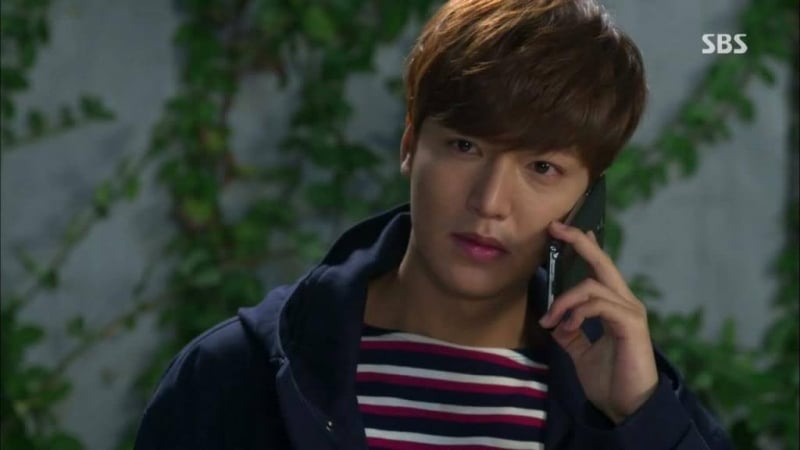
Image credit: The Inheritors Facebook Page
Don’t get confused! The Korean phrase of saying hello over the phone is different from how they say hello in person. Originally, “yeoboseyo” was a greeting Koreans used when they weren’t sure who they were going to talk to on the phone. But Koreans still continued to use it even after the emergence of mobile phones that are able to save and name caller IDs. Interesting history, right?
3. Oppa – An older brother to a younger woman
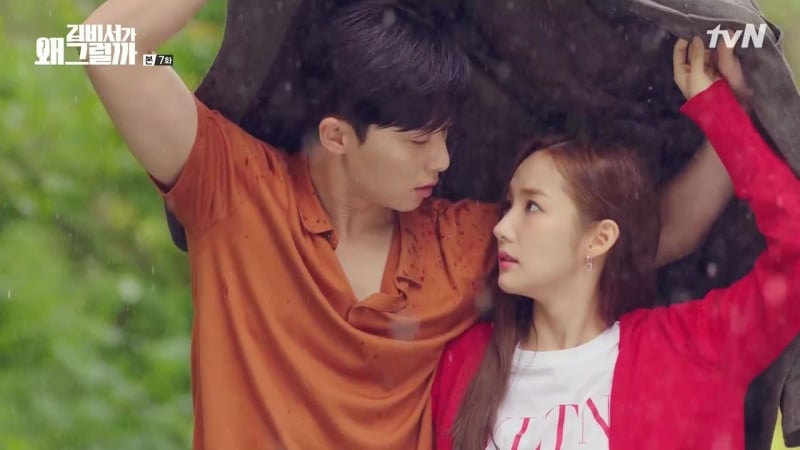
Traditionally, the Korean phrase “oppa” is what women call their older brothers. But thanks to Hallyu (Korean Wave) culture, the term is popularly used nowadays to also pertain to a close guy friend, boyfriend, and even husband. All under the condition that these men are older than the speaker!
A similar Korean phrase you should know is “hyeong”, which is what younger men call older brothers or older men.
Also read: All the Dos and Don’ts in South Korea That Locals Wish You Knew!
4. Unnie – An older sister to a younger woman
Korean women call their big sisters “unnie”. On the other hand, a younger man would call an older woman, “noona”, which similarly translates to “older sister”. Be careful not to confuse any of the Korean phrases that distinguish between men and women, especially if you’re travelling to South Korea!
5. Appa – “Dad”
This is the informal way of saying “dad”, and should only be used when talking to your own father. The standard Korean word for “dad”, however, is “abeoji”, which more accurately means “father”. I guess that explains why our oppas call their overbearing fathers “abeoji” in darker K-dramas!
6. Oemma – “Mom”
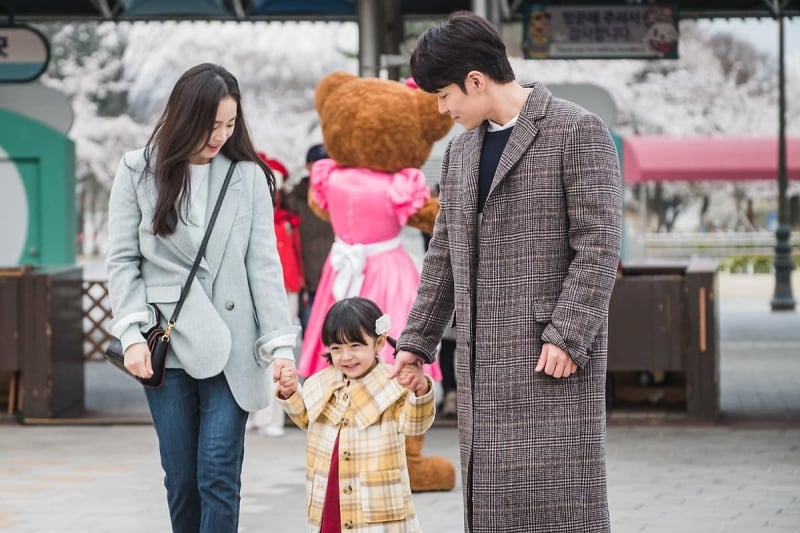
Image credit: Hi, Bye Mama Facebook Page
“Oeomma” is similar to how “appa” is used as Koreans only say “oemma” when they’re talking to their own mom. The standard term for it is “eomeoni”, which translates to “mother”.
7. Saranghae – “I love you”
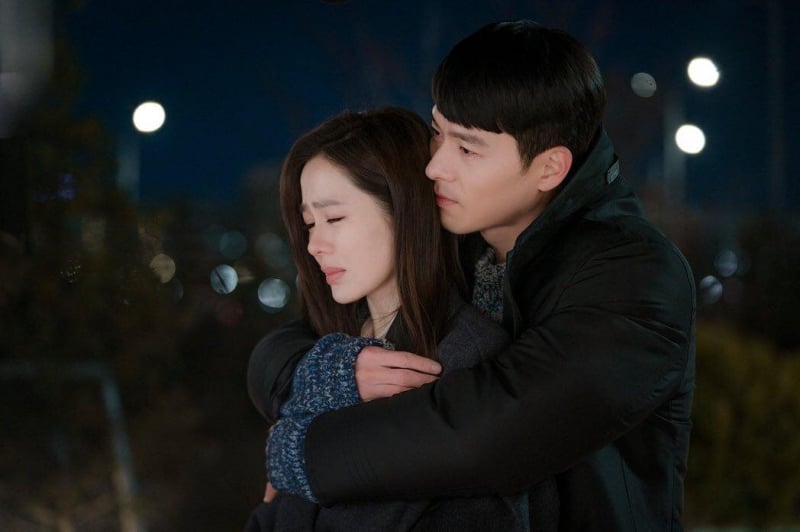
Image credit: Hạ Cánh Nơi Anh – Crash Landing On You Vietnam Fanpage
“Saranghae” is obviously one of the most common Korean phrases that are used in K-dramas, because it wouldn’t be a K-drama at all if none of the characters fell in love!
“Saranghae” is the iconic phrase translating to “I love you.” Which famous K-drama do you think had the most iconic “saranghae” confession?!
8. Bogo sipeo – “I miss you”
Speaking of common Korean phrases, one of the most popular in K-dramas is also “bogo sipeo”. This is an informal way of saying “I miss you” and normally saved for the nearest and dearest of the person speaking. Meanwhile, Koreans use the longer version, “bogo sipeoyo”, when talking to ordinary acquaintances.
9. Juseyo – “Please”
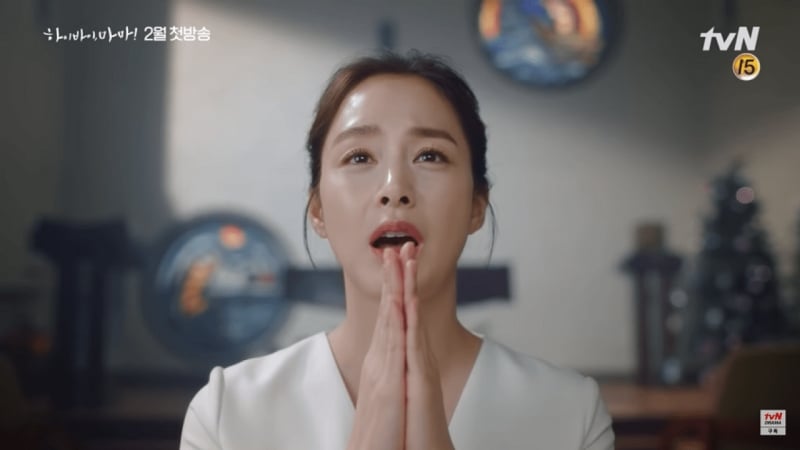
Image credit: Hi, Bye Mama Facebook Page
“Please” in Korean has a few versions depending on the level of relationship and request. “Juseyo”, for instance, can be used in most scenarios such as when ordering at a restaurant or hailing a cab. Koreans say “jwo” instead when talking to people close to them. And if they’re begging, they’ll say “jebal”. While you’re binge-watching a K-drama, try to spot how they choose to distinguish these different Korean phrases in context to each scene!
10. Gamsahabnida – “Thank you”
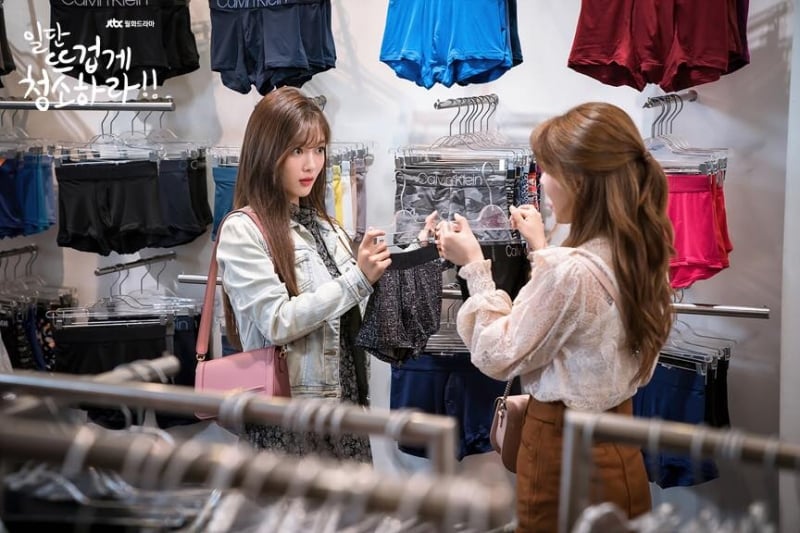
Image credit: Clean With Passion For Now 일단 뜨겁게 청소하라
Because Koreans are generally polite and respectful, you’ll hear “gamsahabnida” over and over again in every K-drama you watch. “Gomawo”, on the other hand, is used when thanking a close friend or someone close in age. If you ask me, this is the one Korean phrase you should never forget when travelling to South Korea.
11. Wae – “Why?”
“Wae” as in, we would really love to ask Hyun Bin wae he’s so handsome. *runs*
12. Mwo – “What?”
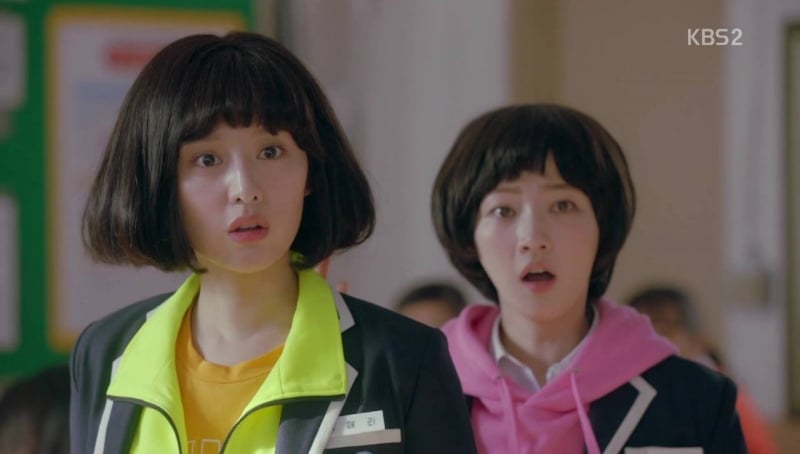
Image credit: Fight For My Way Facebook Page
You’ll hear “mwo” thrown around a lot in K-dramas when the character is asking someone to repeat what someone else just said out of disbelief. A more polite way of saying it is “mueot”, which is used when you’re talking to a stranger or someone older.
13. Hajima – “Don’t do that” / “Stop it”
In K-dramas, the meaning of “hajima” would be easy to figure out even without subtitles since characters always say this when they’re getting pissed!
14. Jinjja – “Really?”
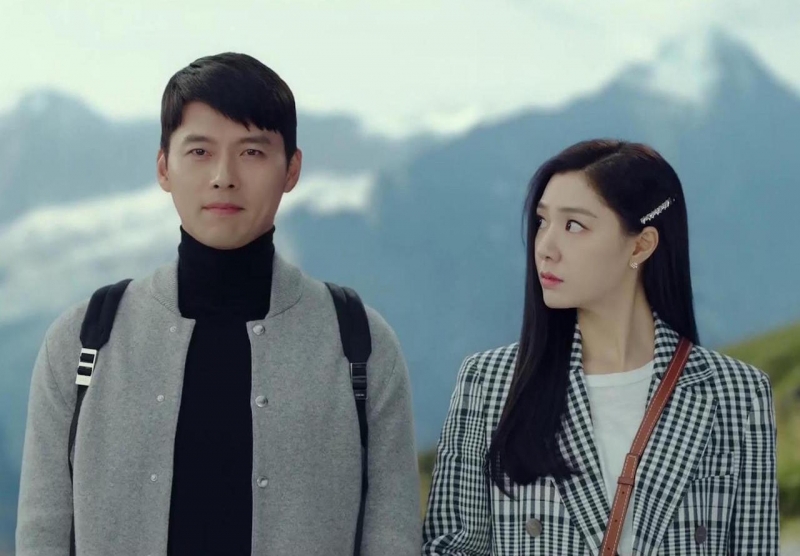
“Jinjja” is the informal Korean word for saying “really”, so this is used when talking to close friends or someone close in age to the speaker. On the other hand, “jinjjayo” is used when speaking to older people or a stranger.
15. Aigo – “Oh dear!”/ “OMG”
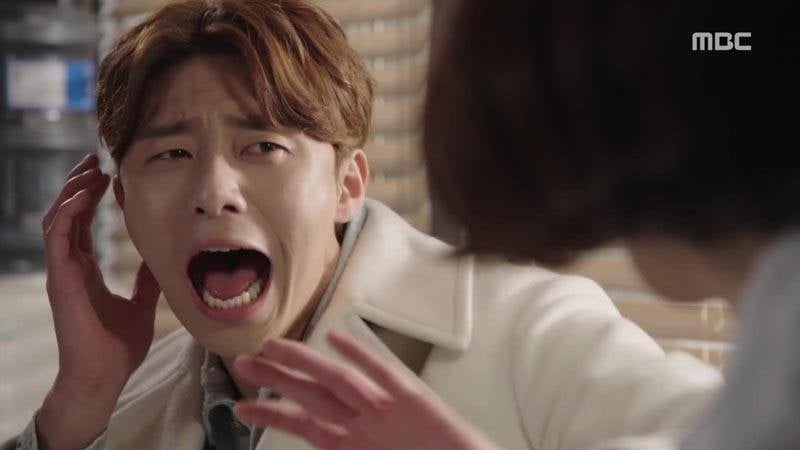
Finally, “aigo” is a Korean phrase used to express shock, frustration, confusion, and disappointment. So, you can bet that there’s a plethora of scenes in K-dramas where characters suddenly blurt this out in the heat of the moment!
Also read: Beyond Annyeonghaseyo: 15 Useful Korean Phrases for Travellers
These popular Korean phrases and terms that we always hear in K-dramas are easy enough to remember, right? Once you get used to them, you can even start incorporating this new vocabulary in your everyday conversations with your K-drama obsessed friends. For more of a challenge, check our PART TWO here!




